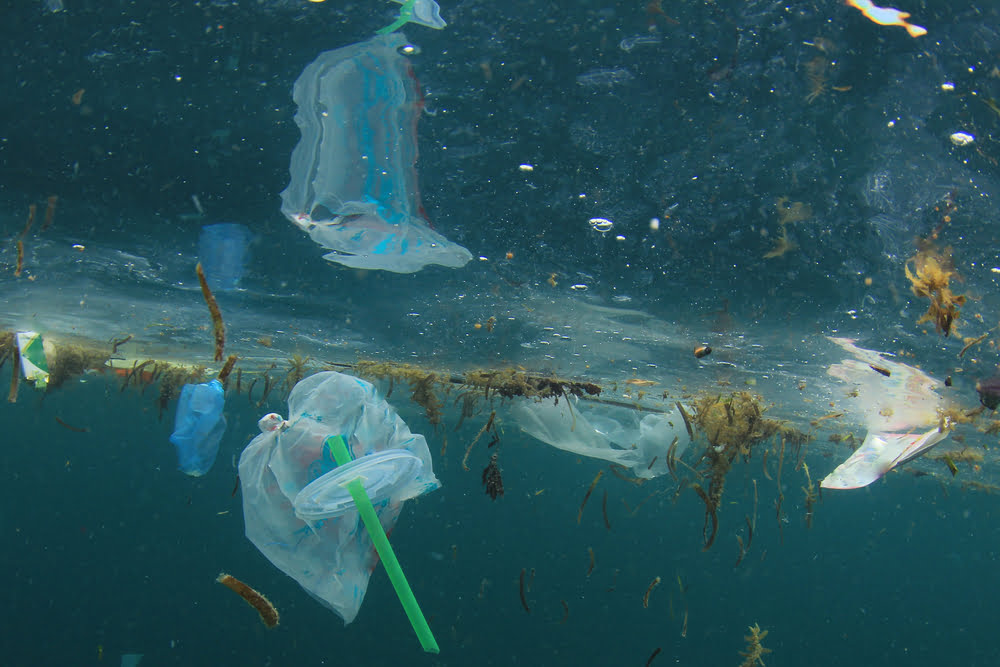If it were not for the human race, the ocean wouldn’t be littered with so much trash. Thankfully, some members of our species are actively working on a solution to ensure this problem gets solved sooner rather than later. Over in the United Kingdom, the nation’s first seabin has been installed. When fully operational, this contraption will be capable of collecting around 80,000 plastic bottles from the ocean every single year.
A Seabin to Pick up Your Trash From the Ocean
Pollution comes in many different forms on planet Earth. While most people currently point the finger at carbon dioxide, we have also successfully trashed most of our waterways and oceans by other means. In particular, pollution caused by plastic bottles is an area which needs to be addressed sooner or later. That is exactly what the new seabin located at Portsmouth Harbor aims to achieve. It is the first device of its kind in the UK.
On paper, the concept of a seabin makes a lot of sense. It is capable of collecting and disposing of different types of debris including bottles, plastic bags, and cigarette butts. It is expected that such a solution can remove over 80,000 plastic bottles from the ocean surface over the course of one year. This may only be a drop in the bucket at first, but if more of these devices are deployed, the oceans will slowly become a lot cleaner again.
To put this into perspective, the seabin can collect 1.5 kilograms of waste per day and is capable of holding a total of 12 kilograms of waste at full capacity. This does mean it will need to be cleaned out on a regular basis, but it is a small price to pay for a cleaner environment. In most cases, cleaning the oceans of debris is done using boats. That is an inefficient and rather expensive way to achieve the same goal, since this seabin is pretty much autonomous until it needs to be cleaned out.
Under the hood, the seabin is made up of a large fiber net and a pump with which floating debris can be collected. Moreover, it seems the contraption can also suck in oil, which will be of great value to marine life all over the planet. Its autonomous operations rely on creating a water flow through the bin and bringing all harmful elements with it. Said items – which can be as small as 2mm in diameter – are then caught in the net and the clean water exits the bin on the other side.
Most people will realize by now this seabin isn’t capable of catching everything floating around on the ocean’s surface. It is an important first step in the right direction, but calling it a perfect solution would be a bit of a stretch. Seeing this project in action is a pretty powerful experience and may lead to more of these seabins being deployed around the globe in the near future. For now, deployment is limited to sheltered harbors and marinas.
The current plan is to make this seabin commercially available next month. That is a positive sign as well, as it shows there is a lot of room for growth when it comes to creating cleaner oceans. If all goes according to plan, these seabins will become utterly redundant in the future, but the company seems to be more than fine with that. Then again, it is evident this firm isn’t doing this for the big money by any means.

